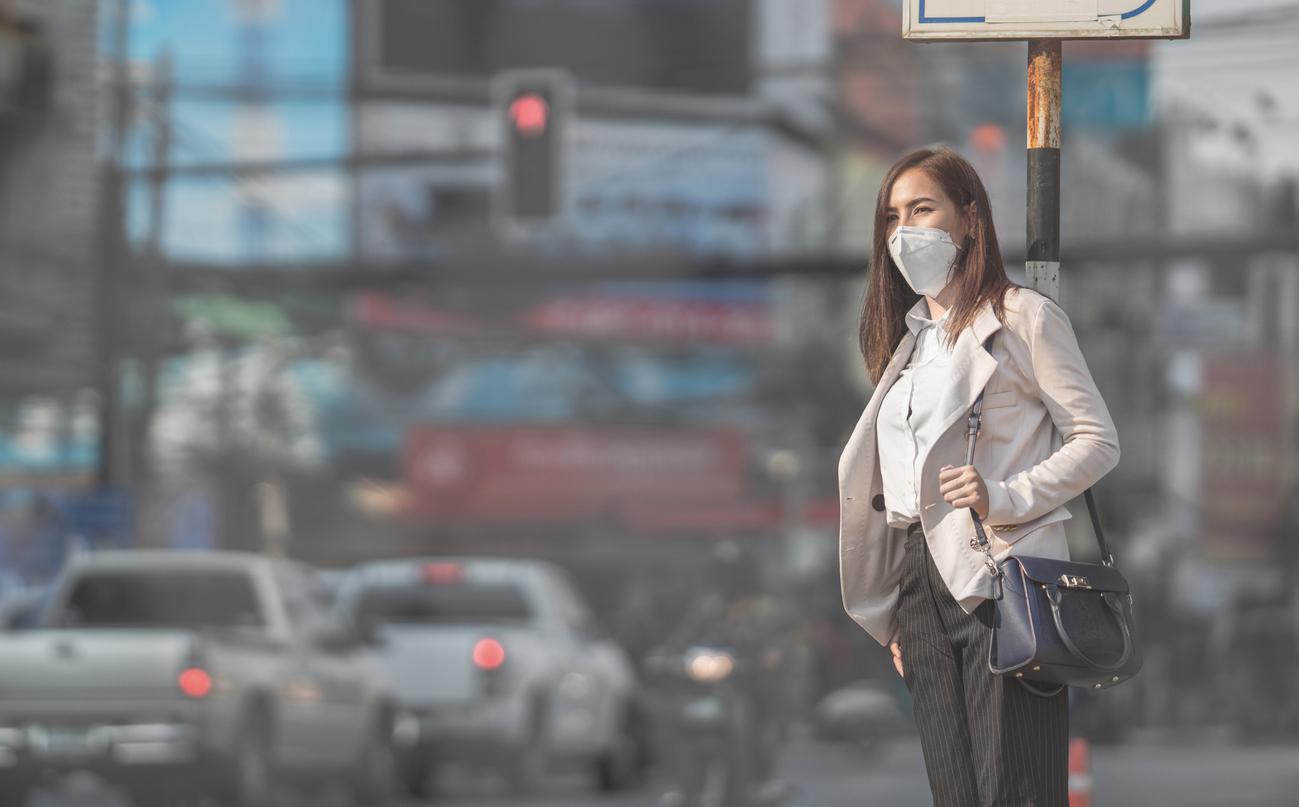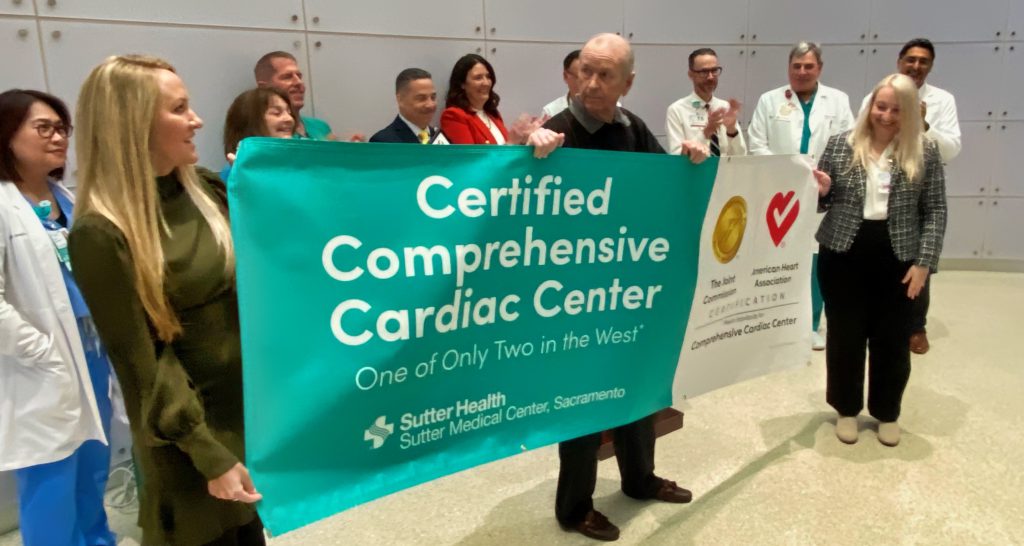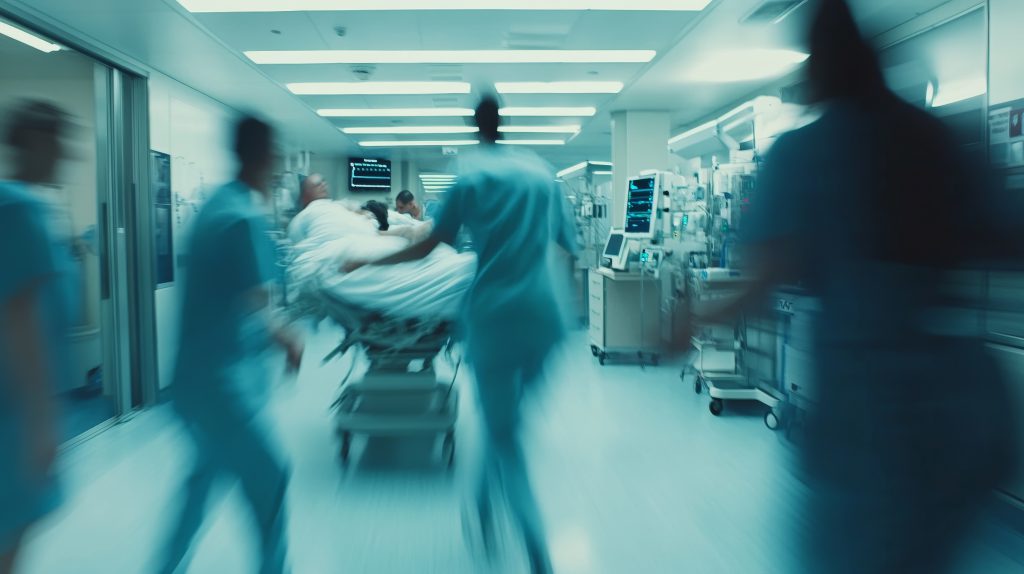Wildfire season is suddenly upon us and thick smoke from multiple wildfires around Northern California, coupled with hot weather and the COVID-19 pandemic, has led to some confusion about masks: when to wear them and what type is best.
Now Ronn Berrol, M.D., medical director for Alta Bates Summit Medical Center’s emergency department in Oakland, offers tips to help you and your loved ones stay healthy in the Q & A below and in this KTVU interview.
Q: It’s so hot and smoky out! Do I need to wear a mask?
A: Yes! It’s important that everyone who can medically do so continues to wear a mask when they are in public to help reduce the spread of COVID-19. Between the heat, the smoky air and COVID-19, the virus still poses a significant risk.
Q: Does it matter what type of mask I wear? Will a homemade mask protect me or do I need an N95 mask?
A: With respect to COVID-19, for most people it’s probably more important that you wear a mask whenever you are in public than the type of mask you wear. This is because the COVID-19 virus is transmitted to others by droplets that people produce when they exhale—and especially when they cough, laugh, sing or speak loudly. By wearing a mask, you help protect the people around you.
If you have a lung condition such as asthma, emphysema or COPD (Chronic obstructive pulmonary disease), that makes you more susceptible to wildfire smoke, the type of mask you wear becomes more important. This is because tiny particulates and chemicals in the smoke can cause inflammation or difficulty breathing. And homemade cloth masks or surgical masks are not very effective at filtering out harmful particulates and chemicals from the smoky air. To filter out these particulates, an N95 mask is preferred. However, N95 masks can be more difficult to breathe through and lead to more overheating when it’s hot out.* So my advice is to stay indoors, keep doors and windows closed and use air conditioning and an air purifier, if you have them. I also recommend changing your home’s air filter and running the air conditioner in your car on recirculate so you’re not pulling outside air in.
Q: What else can I do to protect myself from the heat and the smoke?
A: It’s always a good idea to keep hydrated –when you are well-hydrated, your body can better respond to infectious challenges and the mucous membranes in your nose and lungs are better able to protect your body from environmental insults like smoke particulates. If you have asthma, emphysema or other respiratory illness, use your maintenance inhalers as directed by your doctor and be sure to carry your rescue inhaler with you if you do have to leave your home. Contact your doctor if you experience symptoms such as asthma, difficulty breathing or chest pain.
Read more about wildfire smoke and its effect on lung health here.
Read more about Sutter’s respiratory care clinics here.
*Important note: Some N95 masks have valves in them that vent exhaled breath without any filtration. Though they may be helpful to filter out wildfire particulates, these vented N95 masks will not provide protection for nearby individuals in the event the wearer has COVID-19.





